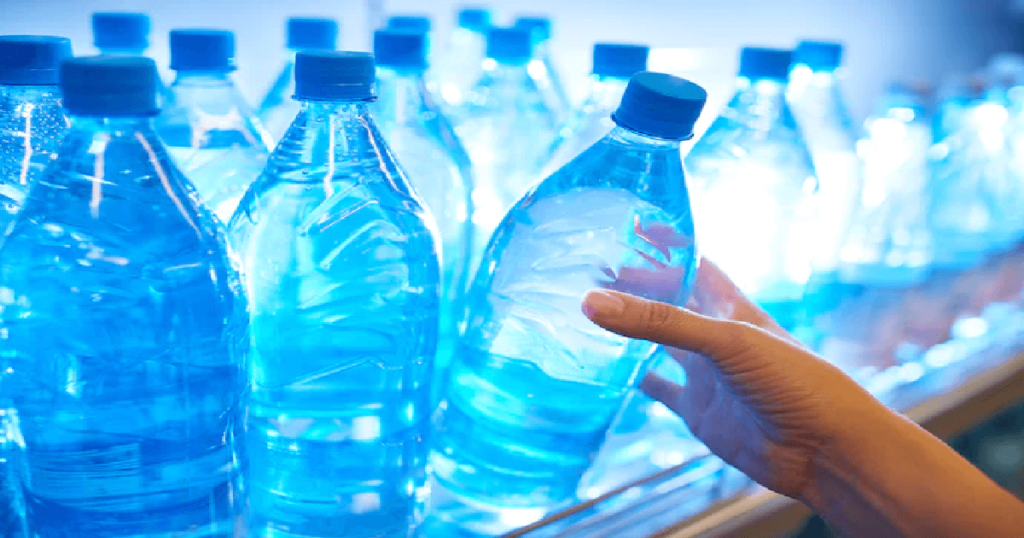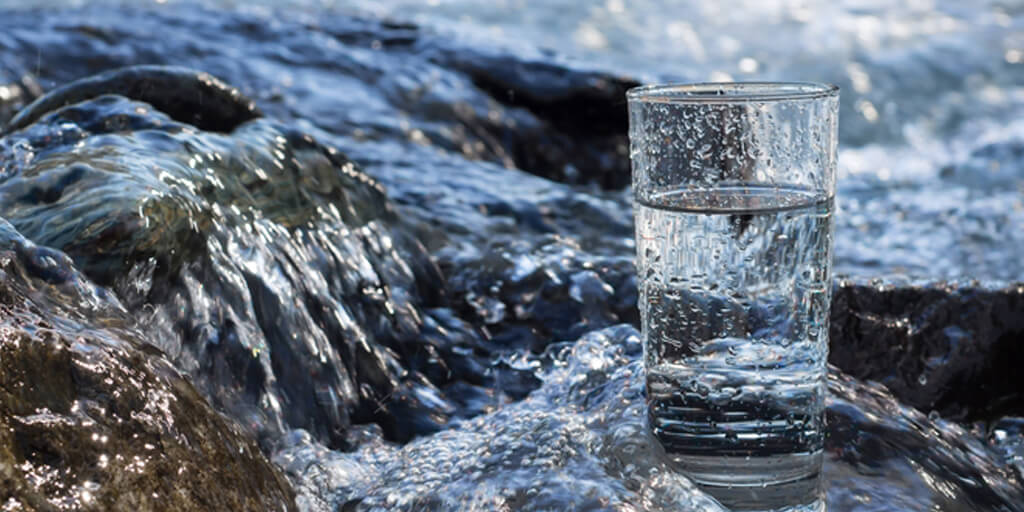A Glimpse into Spring Water
Spring water or purified water has always been one of those hard choices. Gushing from an underground source, bottled spring water carries a unique taste, credited to the natural mineral content. With minerals like calcium, magnesium, and potassium, it offers nutritional benefits, with the caveat being its minimal treatment. Let’s delve deeper into this.
Renowned for its distinct taste, spring water is minimally treated. No chemical additions take place, preserving its natural composition. However, such limited treatment may increase contamination risks, even though stringent safety protocols are in place with reputable brands.
The quality and mineral composition of spring water can significantly vary. The influencing factor is the geographical source, impacting its taste and potential health benefits.
The Purification Journey of Bottled Water
Transforming into a clean, pure entity, bottled purified water takes a different route. Its origin can be anywhere – spring, well, tap, or elsewhere. However, the destination remains the same, and that’s extensive purification. Let’s analyze this process.
Bottled purified water undergoes rigorous treatment. It involves intricate procedures like reverse osmosis, distillation, or deionization, resulting in a neutral taste. It sheds all impurities and, along with them, the natural minerals found in spring water. The lack of minerals gives it a clean taste but can leave it lacking in terms of nutritional content.

The Winning Bottle: Spring or Purified?
Whether spring water surpasses purified water or vice versa is subjective. It depends on personal taste preferences, source water quality, and the purification processes employed. The choice becomes clearer when one considers their health needs and taste inclinations.
The safety standards by the FDA ensure that both types of bottled water are equally safe for consumption. So, the choice between spring and purified water boils down to individual requirements and preferences.
Pondering the Environmental Footprint
However, it’s crucial to contemplate the environmental implications of bottled water. Production and disposal of plastic bottles amplify pollution and resource consumption, which raises sustainability concerns. Opting for home water filtration systems and reusable water bottles might be the eco-friendlier choice, given that your tap water quality is good or can be enhanced appropriately. See also The Urgent Need for Effective Water Filtration in Our Homes
Final Thoughts
To sum up, both bottled spring water and bottled purified water have their pros and cons. The final verdict on which is better heavily rests on individual needs and tastes, along with environmental considerations.
All considered, ask yourself what is driving you to choose one over the other. Is it price, taste, or an a aggressive advertising campaign?

